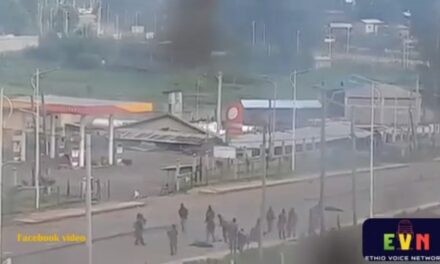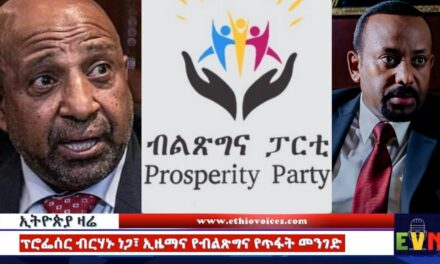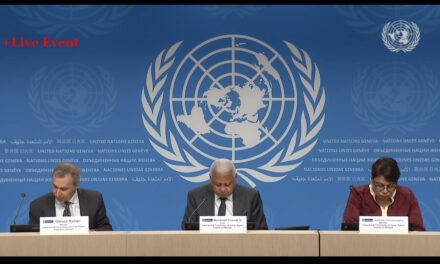EVN, (August 31) — The President of the Interim Administration of Tigray revealed that a staggering 90% of Tigrai’s population is currently dependent on food aid for their survival after the two-year-long devastating war in the region.
During a discussion with UN representatives UN representatives, Getachew Reda said that there is a critical need to address the dire humanitarian situation in the region. Getachew brought attention to the alarming reality that the overwhelming majority of Tigrians are relying on external assistance to meet their basic sustenance needs. The dire dependency on humanitarian aid has reached unprecedented levels, casting a spotlight on the pressing need for immediate action, Tigray Television reported.
The Assistant Secretary General and UN Resident and Humanitarian Coordinator, Dr. Ramiz Alakbarov, committed to collaborating closely with the Tigrai Interim Administration (IRA) to tackle the multifaceted challenges. President Getachew fervently implored UN agencies to play a pivotal role not only in providing urgent assistance but also in participating actively in the comprehensive reconstruction of the war-ravaged region.
Central to the discussions was the critical state of the education system. President Getachew acknowledged the recent resumption of schools as a step towards restoring a semblance of normalcy. However, he highlighted the immense damage inflicted upon educational institutions during the conflict, necessitating a concerted effort to rebuild and revitalize the education sector.
In the face of grim circumstances, Getachew called for international support to expedite the clearance of unexploded explosives scattered across Tigrai’s landscape. The president also emphasized the need for a united global effort to alleviate the region’s persistent suffering.
Dr. Ramiz Alakbarov echoed the urgency of addressing the food crisis, emphasizing that resuming the distribution of humanitarian aid remains paramount. He underscored the importance of collaborative endeavors between federal and regional administrations to ensure aid reaches those in dire need. Dr. Alakbarov further advocated for sustainable development initiatives that empower Tigrians to produce their own resources, fostering self-sufficiency and resilience.








